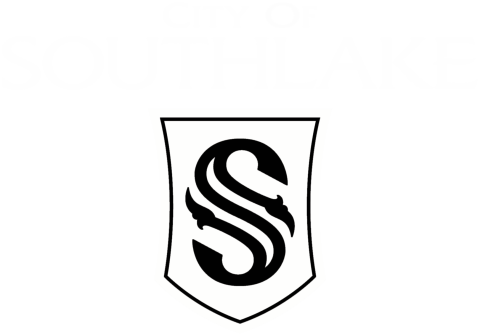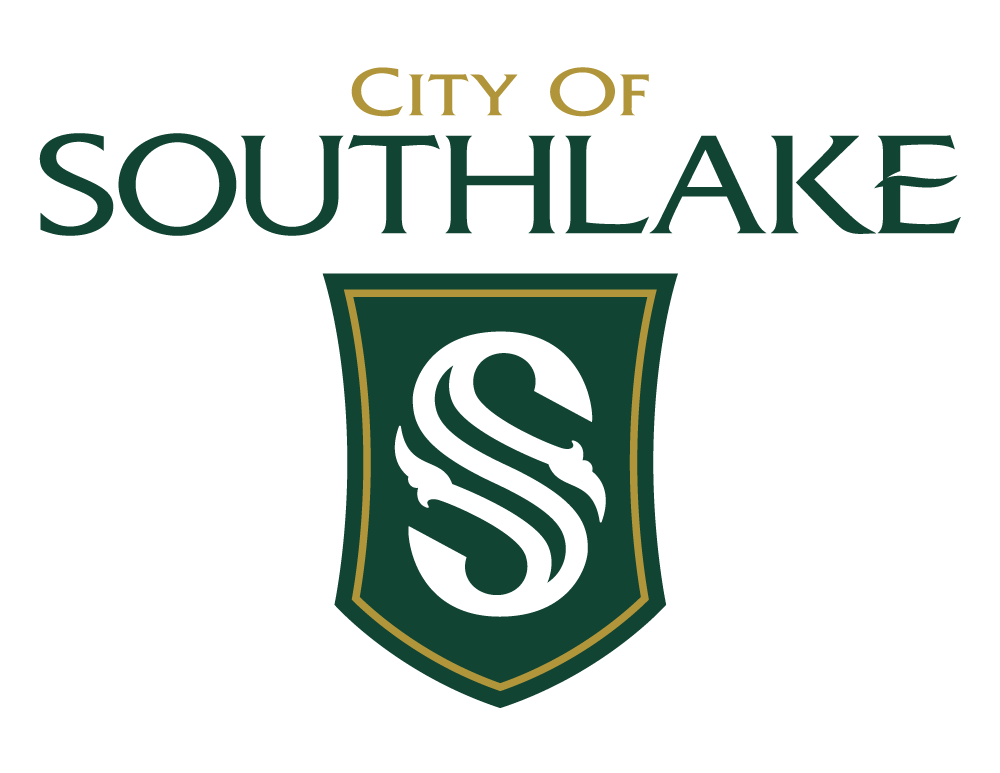
City of Detroit answers information requests in half the time with Smartsheet
Smartsheet helped the City of Detroit provide information in response to lawsuits and Freedom of Information Act (FOIA) requests in half the time, while increasing transparency and visibility for department directors.

"I created my first dashboard last summer... And as soon as I created it, it was amazing: The department directors were immediately able to pinpoint any divisions that were lagging in response. One of the worst offenders went from about 32 days down to 15 days, on average, to respond to law requests, and more than 65% of the requests were done within five days. It was a huge undertaking — and it took one month for that to occur."
Project Manager & Business Analytics Specialist, Law Department, City of Detroit
The City of Detroit’s bankruptcy process added significantly to the law department’s load of requests for public records through the Freedom of Information Act (FOIA), the litigation discovery process for obtaining information as part of a lawsuit, and permits and bonds for major projects. Because the team did not have a formal request management process, turnaround times were slow, creating cascading delays and additional expenses. Smartsheet helps the law department track and expedite responses, saving time and cutting administrative costs.
“We had a lot of issues with department communications,” says Rebecca Wilhelm, project manager and business analytics specialist for the law department in the City of Detroit. “If you’d been at the city for a long time, you had a leg up because you had made connections with people in different departments; you could call your friend that you’ve known for 15 years to get you information needed for a lawsuit. But we had no way of tracking our requests; there was no official point of contact and no procedure. So we wanted to improve efficiency and communication with departments.”
When Wilhelm joined the department, most requests stemming from litigation or FOIA requests were handled through email. Attorneys couldn’t always tell who was responsible for a particular request or how long it had been in process. It was also difficult for department directors to see how the request process was affecting their team’s workload and whether they were causing unnecessary delays themselves.
“At a high level, department directors wanted to know what’s being asked of their employees by the Law Department,” Wilhelm says. “They need to quantify how much time to set aside for employees to assist with these requests. From the law department standpoint, we needed to know the lag time on requests, because the longer we keep cases open, typically, the more it’s going to cost the city.”
A solution to track a long list of requests
Wilhelm first learned about Smartsheet from a colleague who asked her to help with a data collection project. She immediately saw that she could use it to create workflows for litigation and FOIA requests. There was an unused Smartsheet license allocated to her department, so she claimed it and got to work setting up forms and automated alerts to streamline the department’s processes.
Today, requests for information are submitted through Smartsheet forms, which automatically route them to appropriate sheets and assign them to owners. Built-in alerts flag upcoming deadlines, tell requesters the status of the inquiry, and trigger processes such as generating documents or initiating payments. Team members have visibility into the status of requests and can see who is handling them, making it easy to follow up with questions or share new developments in the inquiry. The workflows include deadlines to prevent delays that can cost the city time and money.
“It’s super important for FOIA requests, because we as a governmental entity have five days to respond,” Wilhelm says. “We can ask for an extension, but typically we need all of the information back within 15 days so an attorney has time to review prior to sending out. If you can respond within the time frame, you can recoup the costs to the city of searching for and printing the records. If you take longer, you’re unable to recoup those costs. Prior to Smartsheet, the city was just bleeding out money because they weren’t responding as quickly as they were supposed to. This process change is huge.”
In its first year using Smartsheet to manage FOIA requests, the department saved more than $55,000 by recouping the costs of request fulfillment. By 2019, that annual figure had grown to exceed $105,000, with a total savings of more than $330,000 over four years.
Wilhelm’s Smartsheet solution also enables department directors to see how much time and effort is required from their teams to meet the law department’s needs. They can see whether their staff members are contributing to delays, identify the reasons, and determine how to solve the problem. Sometimes that means training. Wilhelm says one team that appeared to be lagging in response had assigned the tasks to a staff member who hadn’t been trained in the Smartsheet solution, and was fulfilling requests without updating the sheet. In other cases, directors can use the numbers to plan staffing for high-demand periods, or make the case for new hires.
Cutting response times by more than half
With Smartsheet, the law department drove a dramatic reduction in turnaround time for litigation and FOIA requests. Before the solution was implemented, many teams took 30 days or more to answer requests; some took 80 days or longer. Within a month, the average response time dropped to 15 days or fewer. That makes it easier for litigation attorneys to negotiate with opposing counsel to settle lawsuits, or prepare for a timely court process without forcing delays that add time and expense to a dispute. And it enables the team to keep up with FOIA requests, which have increased 15% year over year.
Faster response and greater visibility into requests have made the department’s attorneys fans of the Smartsheet solution. Wilhelm knew this might take time — attorneys can be “old school,” she says, preferring paper copies of everything — but she was confident that seeing results would allay her colleagues’ concerns. When the COVID-19 pandemic forced closures of offices, the team was comfortable enough with the technology to be productive when working remotely. Even the department directors who used to be skeptical have changed their views.
“I had a director who was very opposed to Smartsheet when we started using it in 2016,” Wilhelm says. “Three years later he came to me wanting the settlement process to be all-electronic, which I had been pushing for since I started working for the city. I asked if he was sure and he said, ‘I’ve seen what you can do with other processes utilizing Smartsheet and I know there will be a huge improvement in just being able to see what’s going in and out.’ It was amazing to me to see him go from being anti-electronic-process to being the champion.”
Wilhelm has more projects in mind for the future, including a solution to help quantify attorneys’ productivity so managers can provide training or support resources to those who need it, and reward and learn from high performers. The more transparency and efficiency she can build into the law department’s processes, the more the team can accomplish.
“If you’re considering Smartsheet — it’ll be the best decision you’ve ever made,” Wilhelm says. “I love having everything in one place. I can manipulate Smartsheet to do anything I want: manage a project, create a workflow or process, or even just retain information. I love collaborating within the tool so that everyone can be on the same page. And the automation features are wonderful; with alerts and triggers, the nagging as a project manager is already done for you.”
For more information about this story, please see our case study.












